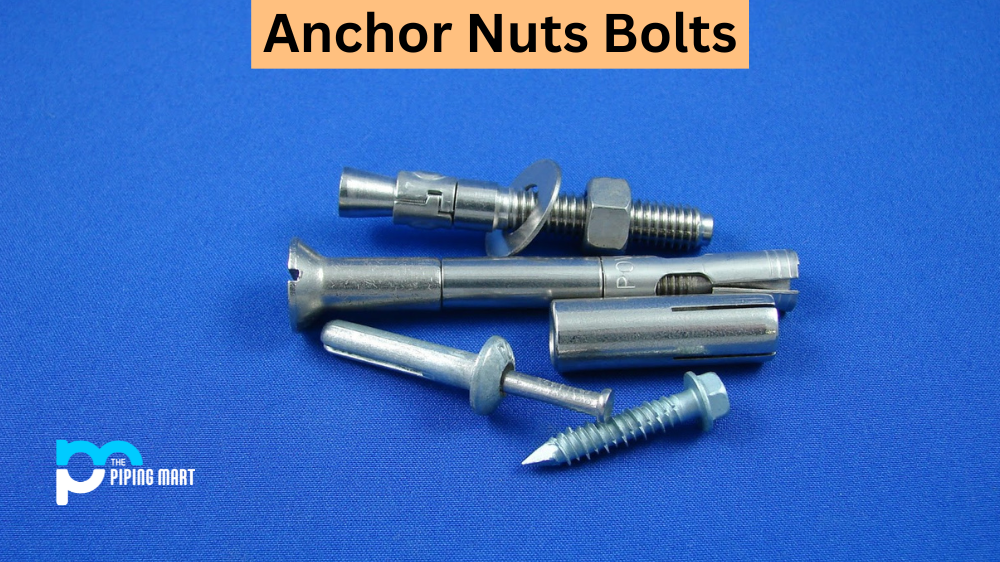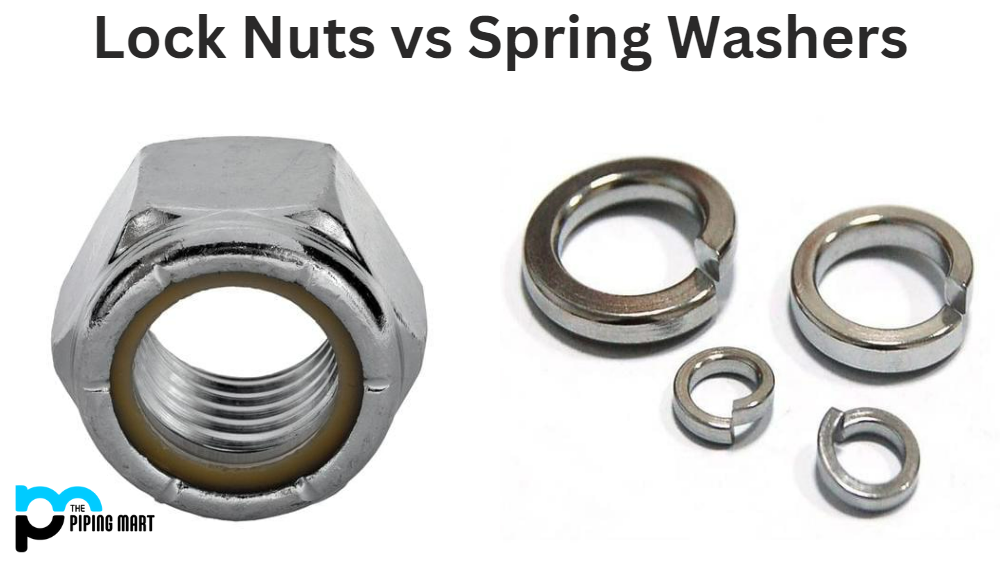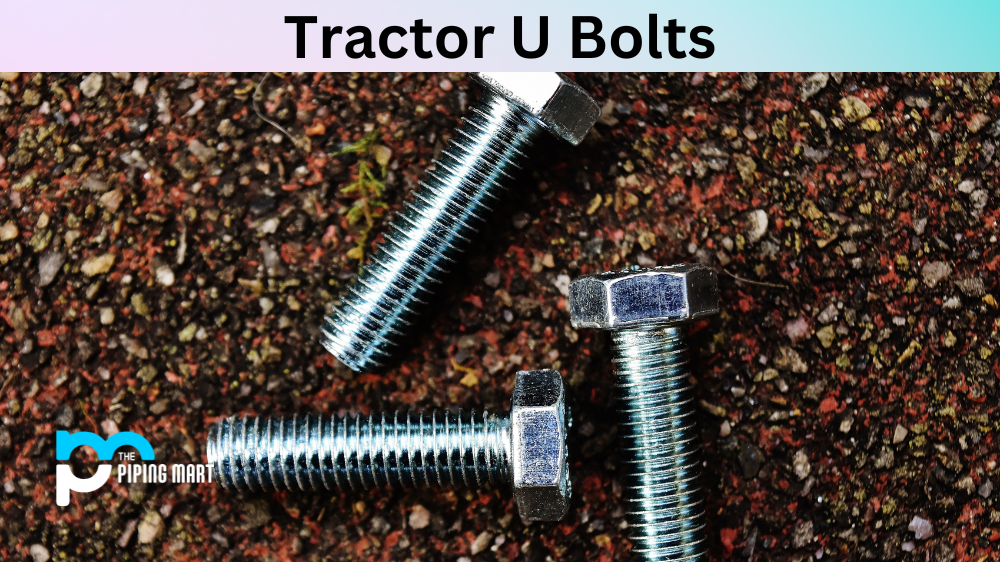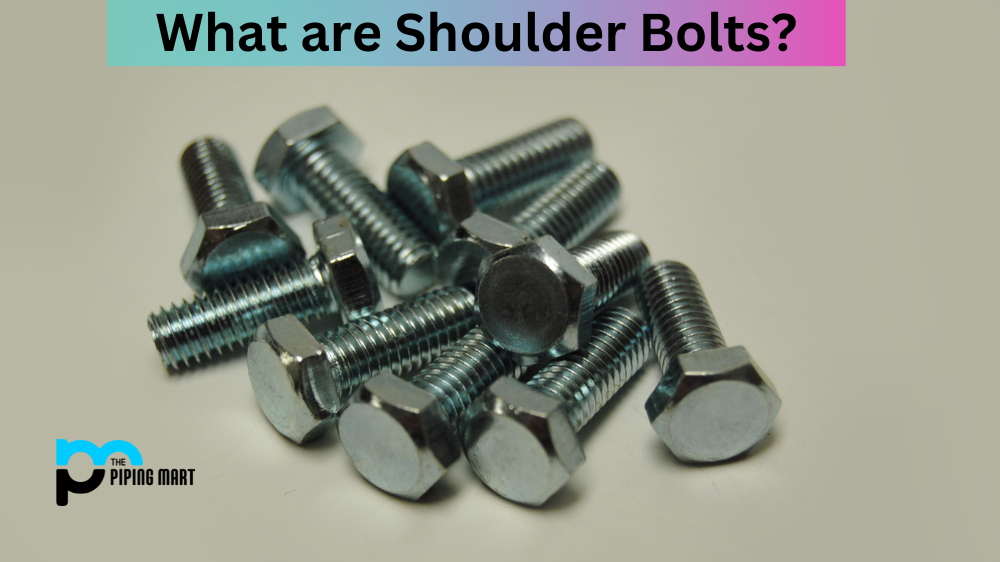Anchor nuts and bolts are used in a variety of different applications. They are an essential type of fastener for permanently connecting two materials together. Understanding the different types of anchor nuts and bolts available, as well as their uses, is important for anyone engaging in construction or home improvement projects. Let’s take a look at what anchor nuts and bolts are, the different types available, and the various ways they can be used.
What is Anchor Nut Bolt?
Anchor nuts and bolts are a fastener designed to securely hold two materials together by creating a permanent connection. They are also known as “anchoring” fasteners because they provide an additional point of security that prevents the connected materials from becoming detached. The most common forms of anchoring fasteners are anchor nuts and bolts, but there are other types, such as screws, pins, hooks, wedges, etc., that serve the same purpose.
Anchor Nut Bolt Types
The most commonly used type of anchor nut is an expansion nut which has threads that expand when tightened into place. This allows for secure attachment to surfaces such as concrete walls or floors without having to drill any holes. Another popular type is the Sleeve Anchor Nut which is inserted into predrilled holes in concrete or masonry walls before being tightened in place with a wrench or spanner. There are also more specialized types, such as Lag Shields, which have predrilled holes allowing them to be easily attached to wooden surfaces with screws or nails. Finally, there are self-tapping anchors which can be used on softer surfaces such as drywall without needing to predrill any holes.
Anchor Nut Bolt Uses
Anchor nuts and bolts have a variety of uses; they can be used to securely attach items such as shelves, cabinets, furniture pieces, signs, fixtures, etc., onto concrete or masonry walls or floors without the need for drilling any holes. They can also be used on softer surfaces such as drywall by using self-tapping anchors instead, which do not require predrilling any holes before installation. In addition, these fasteners can also be used for heavier loads when rigidly securing objects like window frames or doors onto concrete walls or floors by using larger diameter lag shields or sleeve anchors instead, depending on the size and weight of the load that needs to be secured.
Conclusion:
Anchor nuts and bolts are an essential type of fastener for creating secure connections between two materials without having to drill any holes beforehand. There are many different types available, ranging from expansion nuts to self-tapping anchors that have various uses depending on the surface they will be attached to (i.e., concrete/masonry vs drywall). Knowing what kind of anchor nut/bolt you need before beginning your project will save you time and money in the long run!

Abhishek is a seasoned blogger and industry expert, sharing his insights and knowledge on various topics. With his research, Abhishek offers valuable insights and tips for professionals and enthusiasts. Follow him for expert advice on the latest trends and developments in the metal industry.




